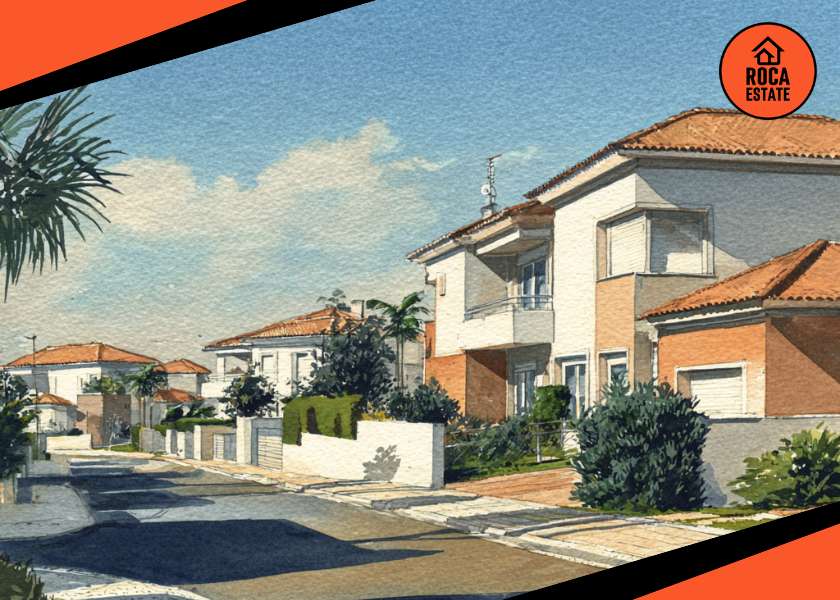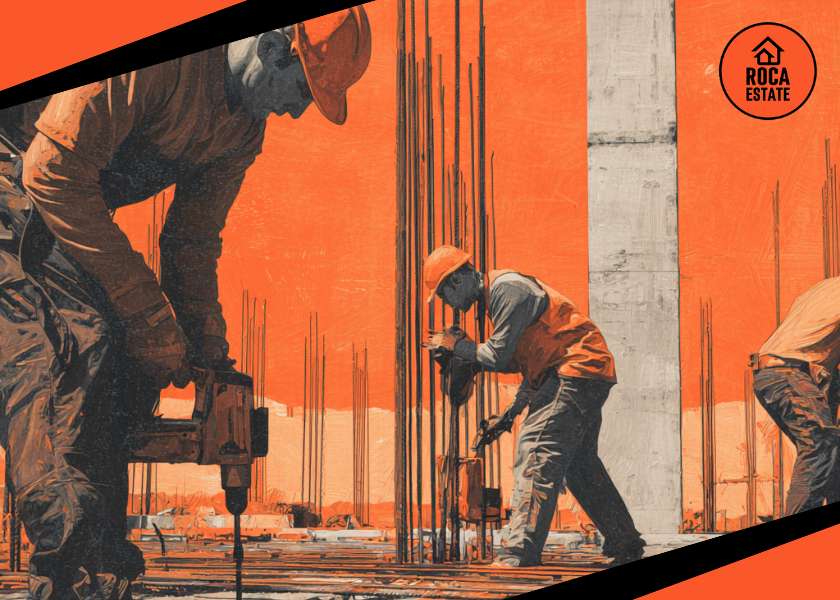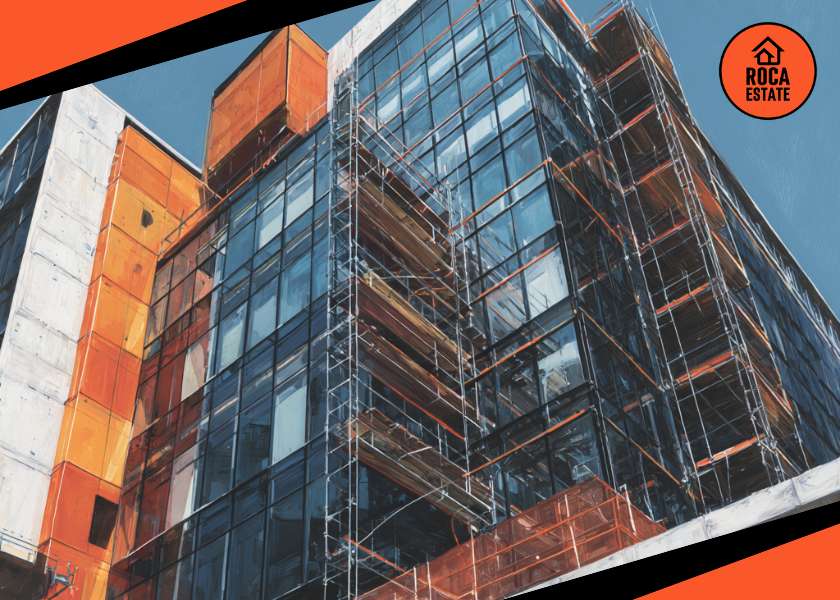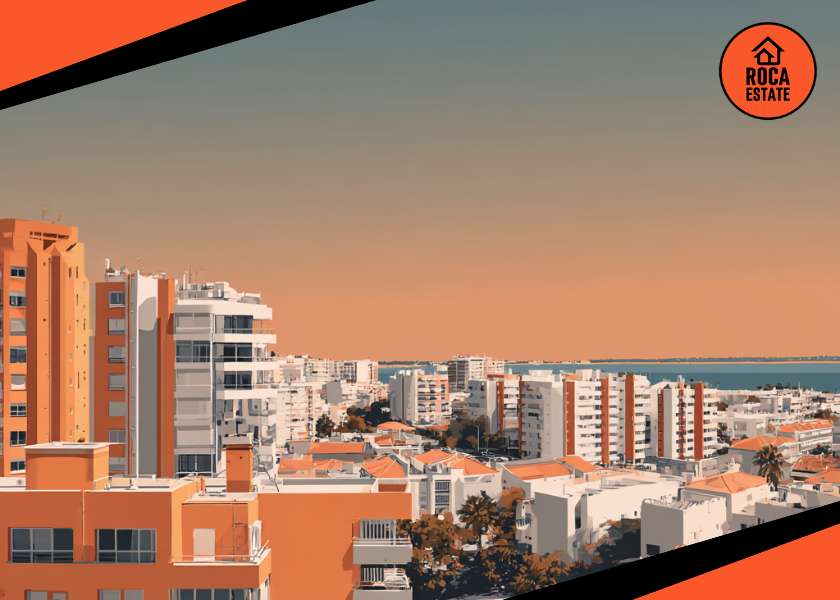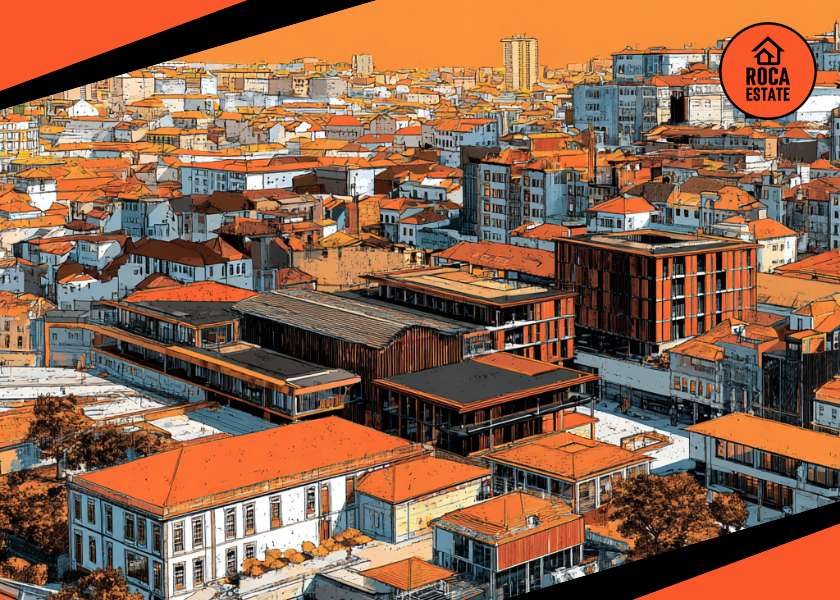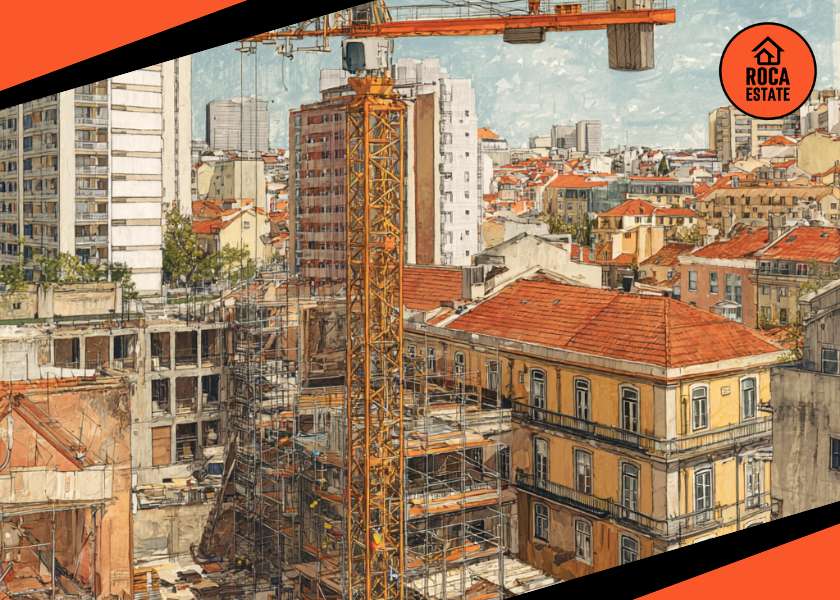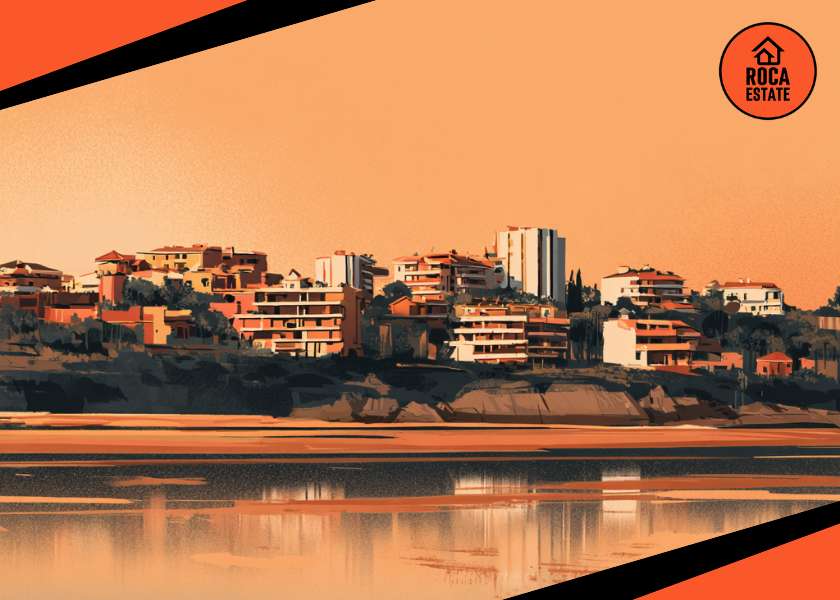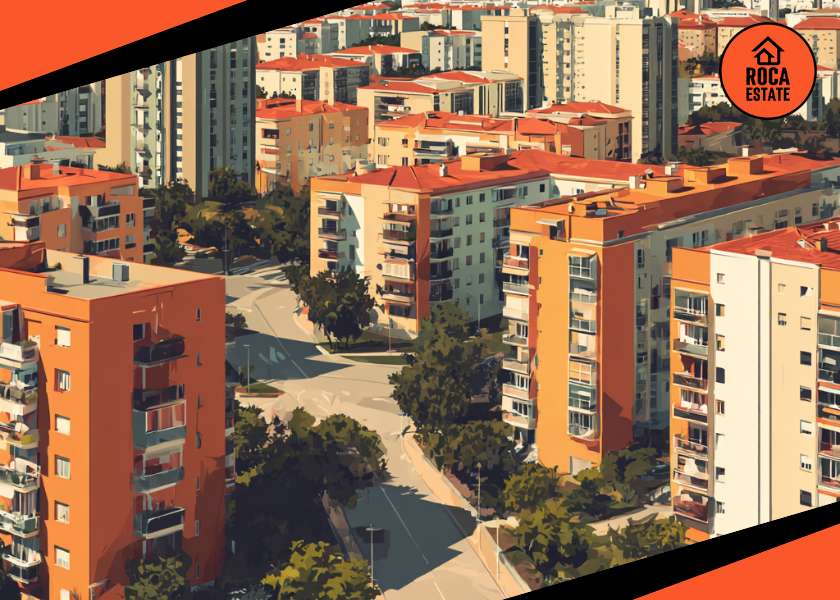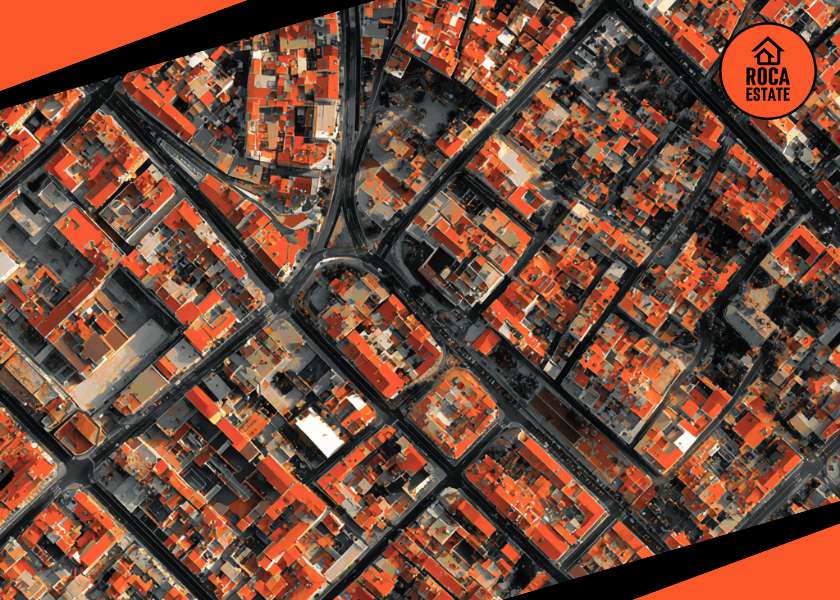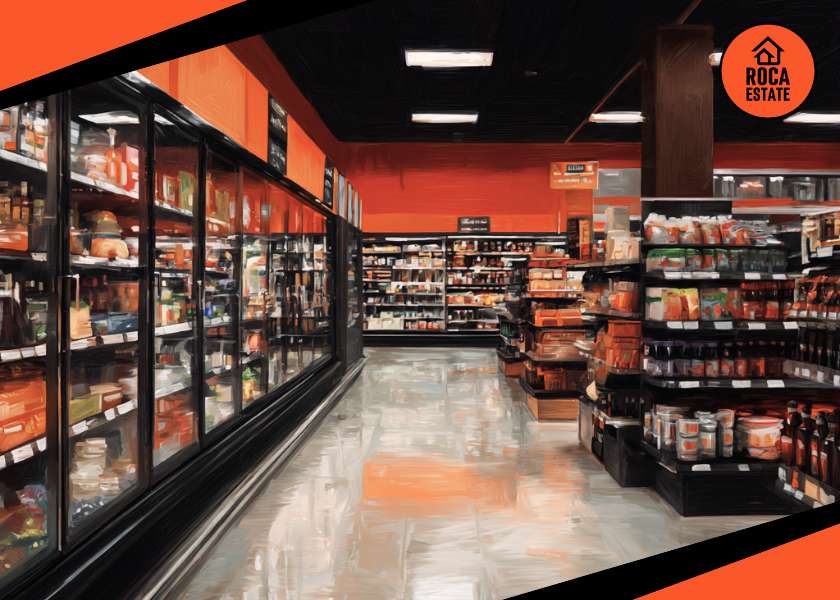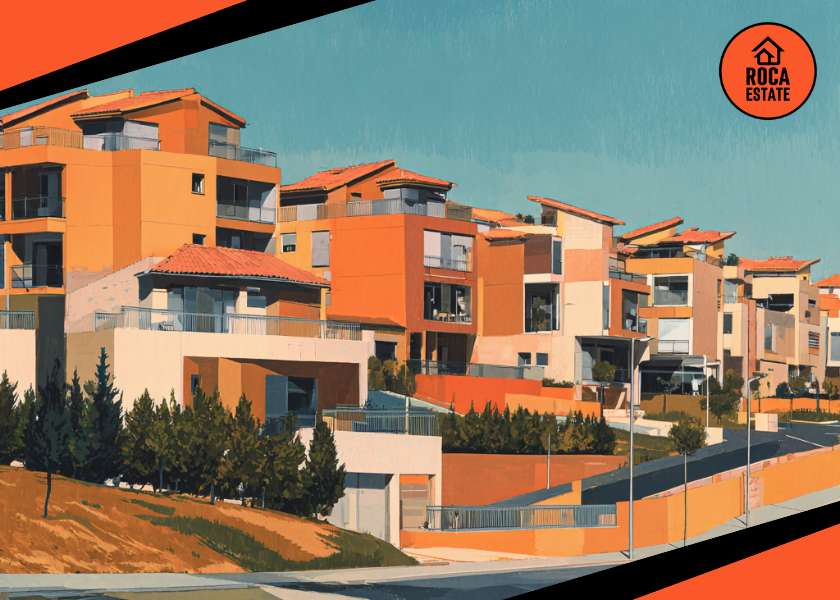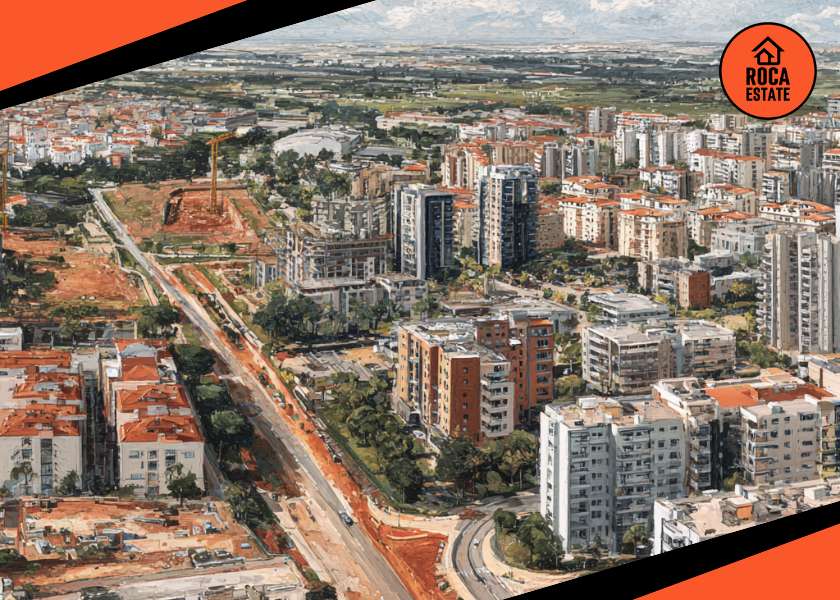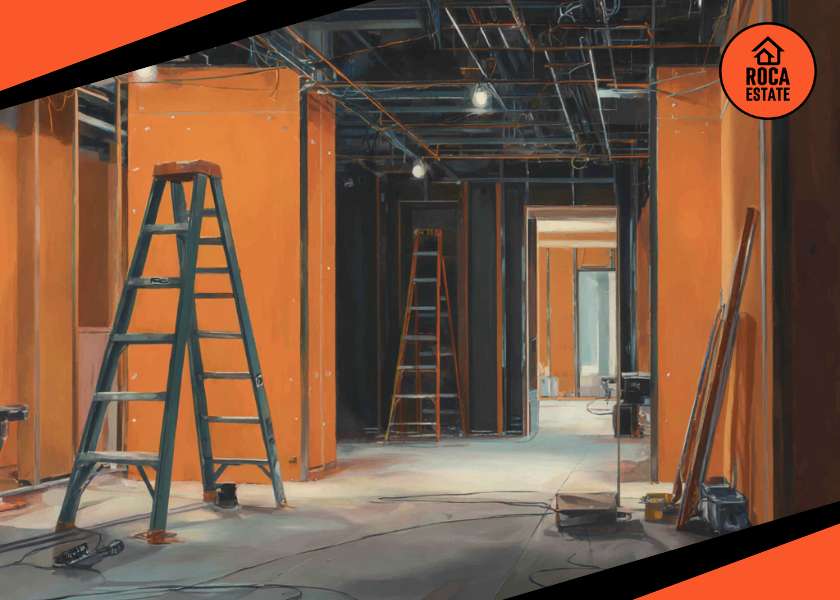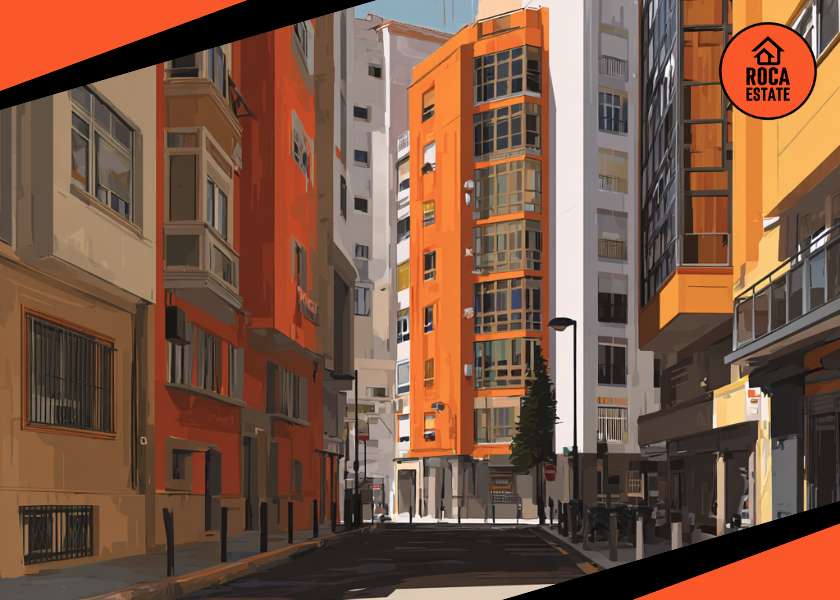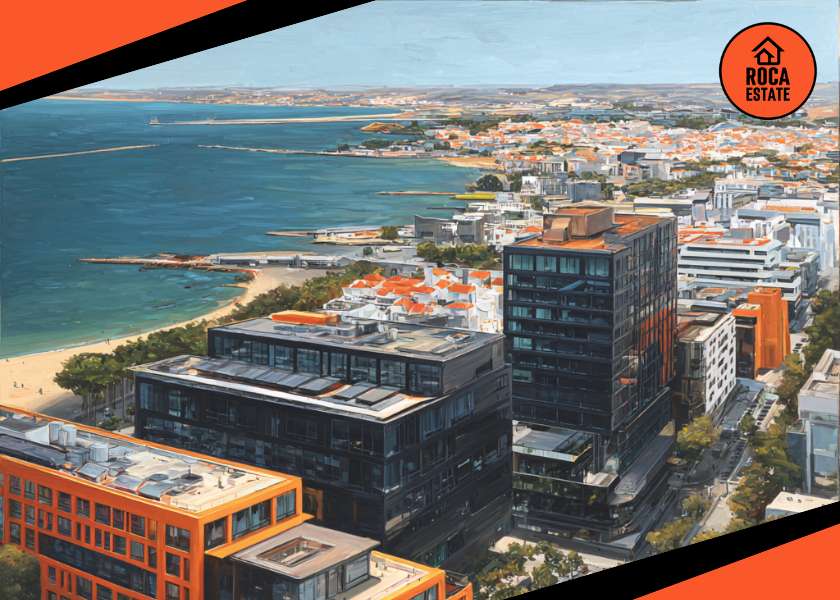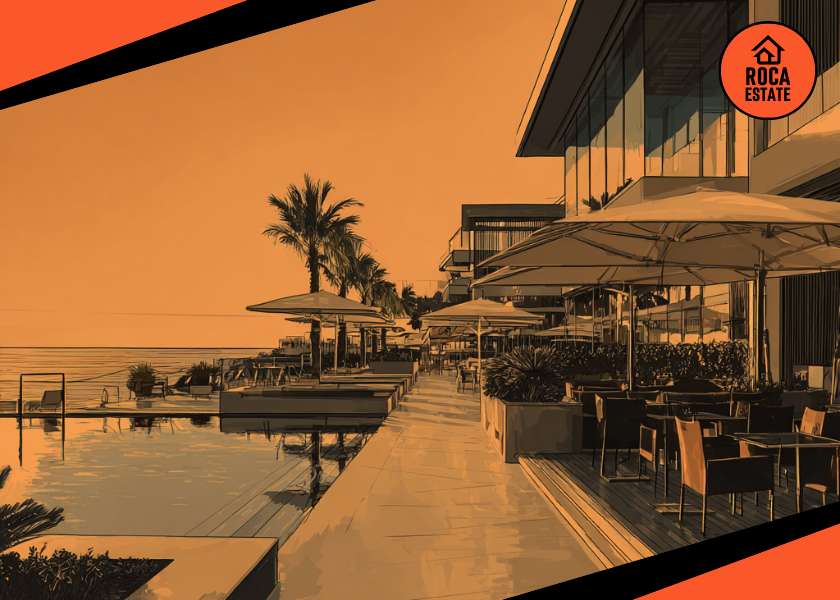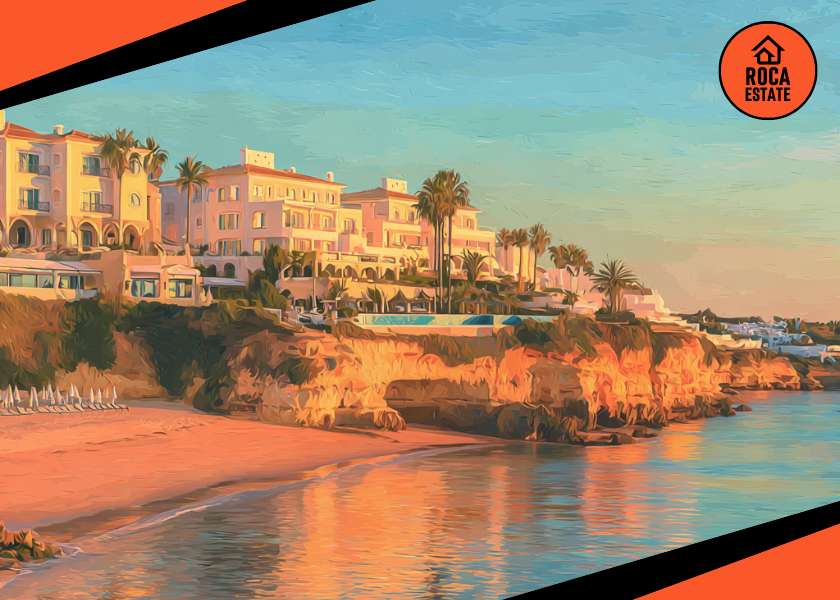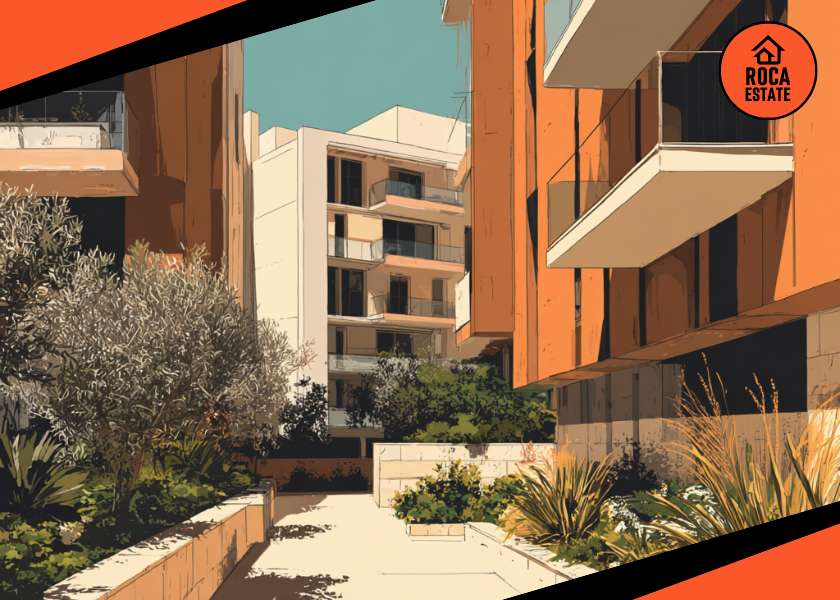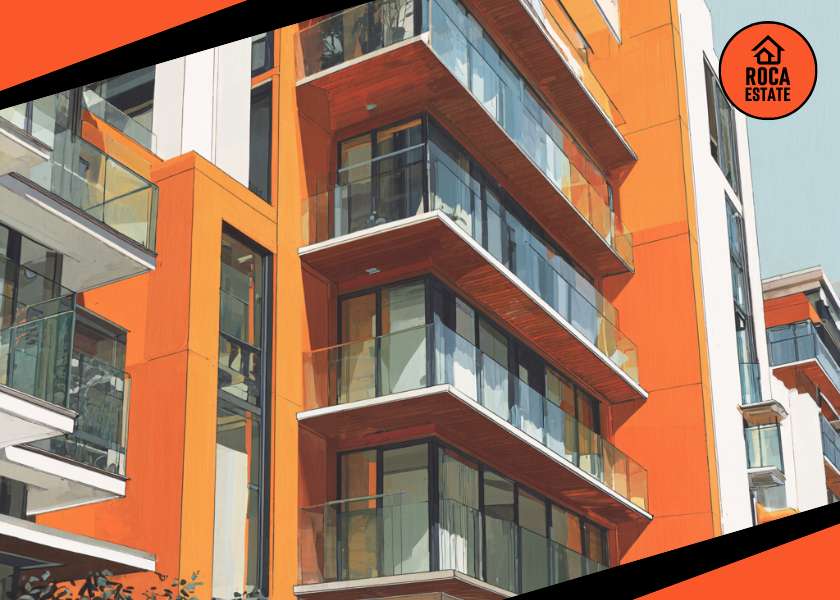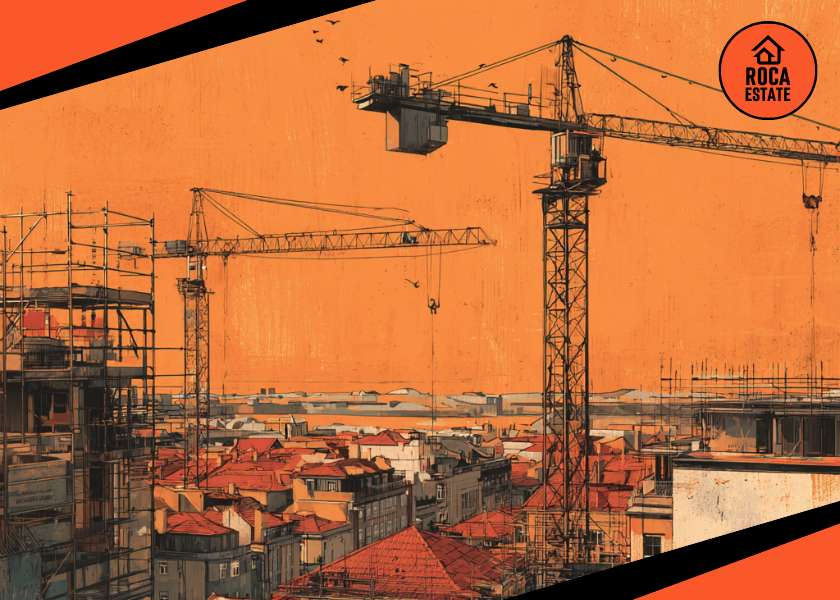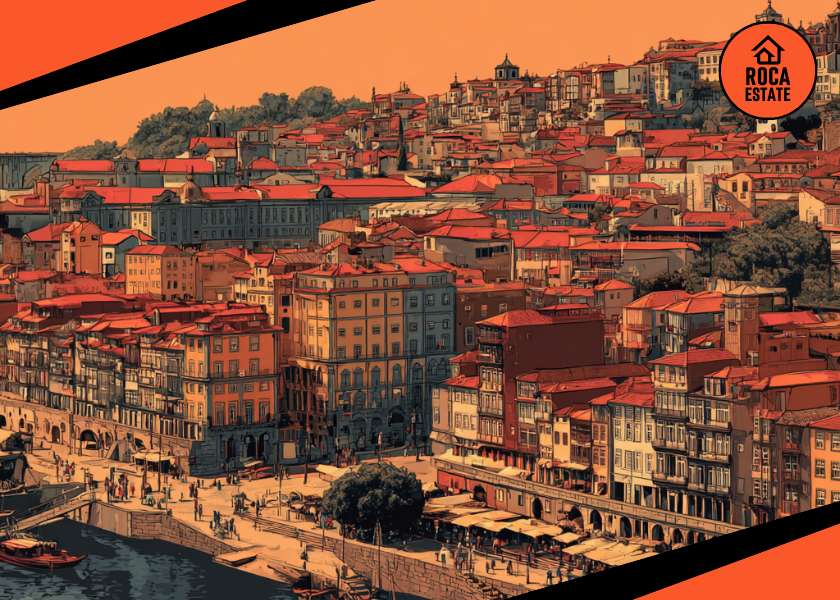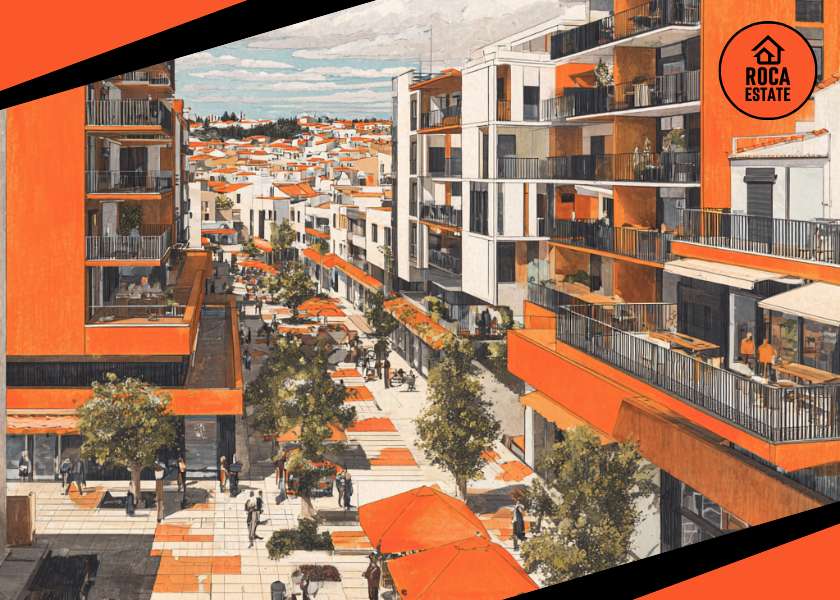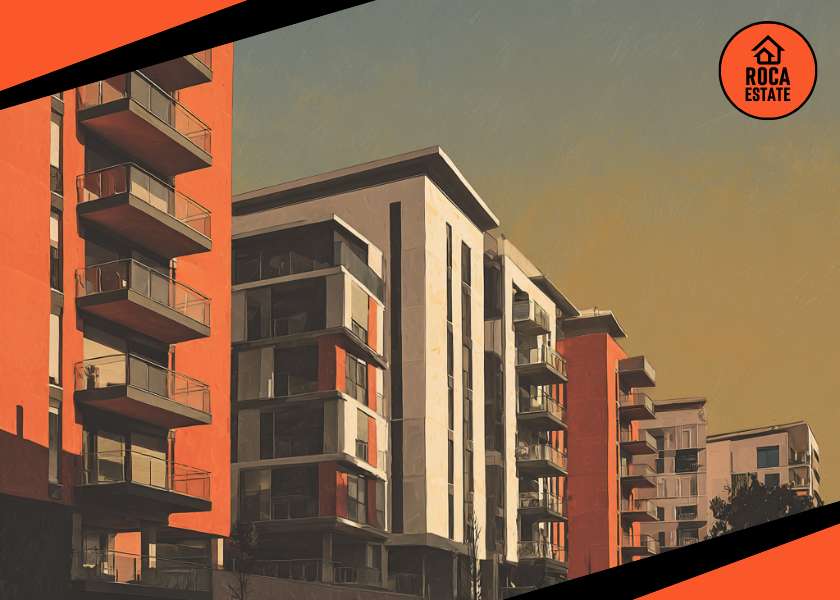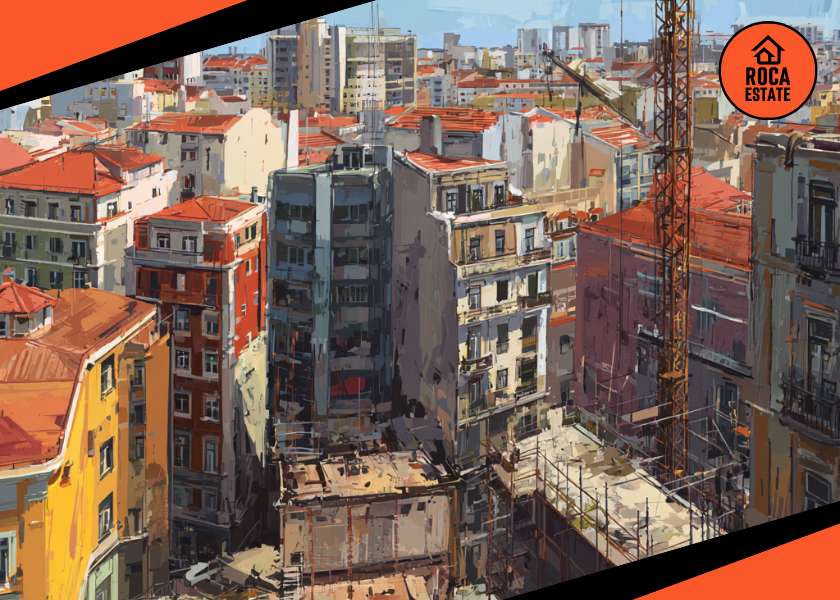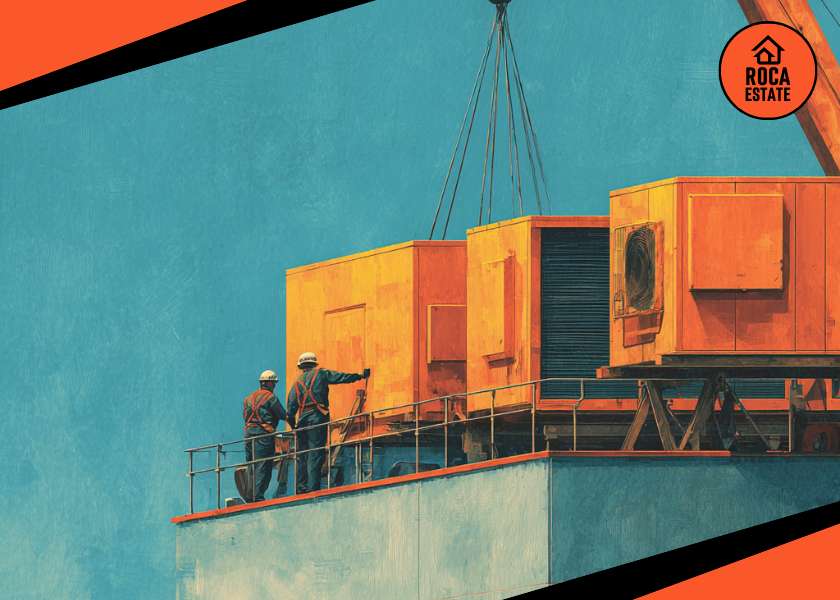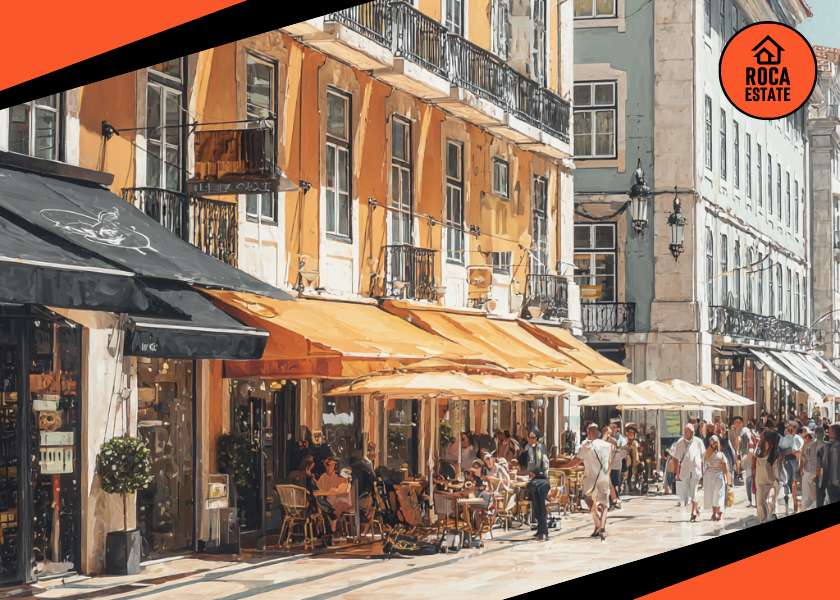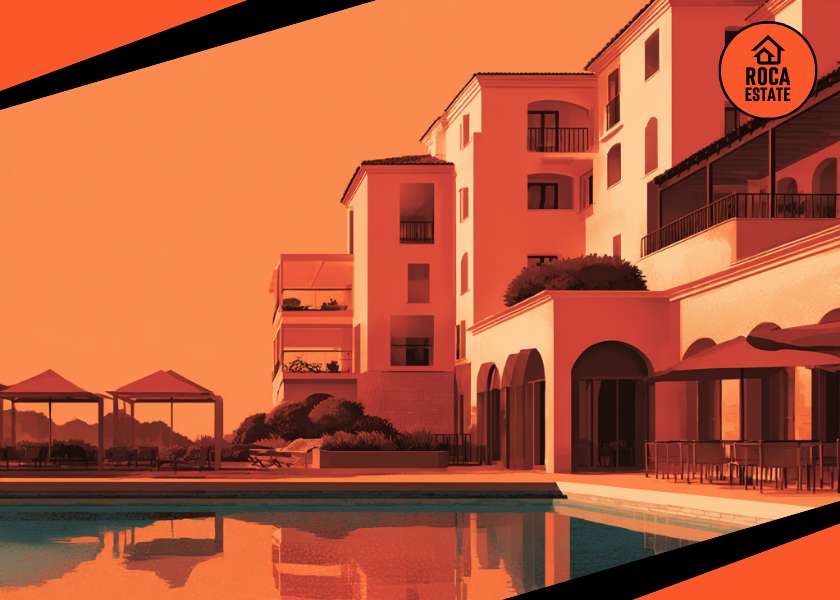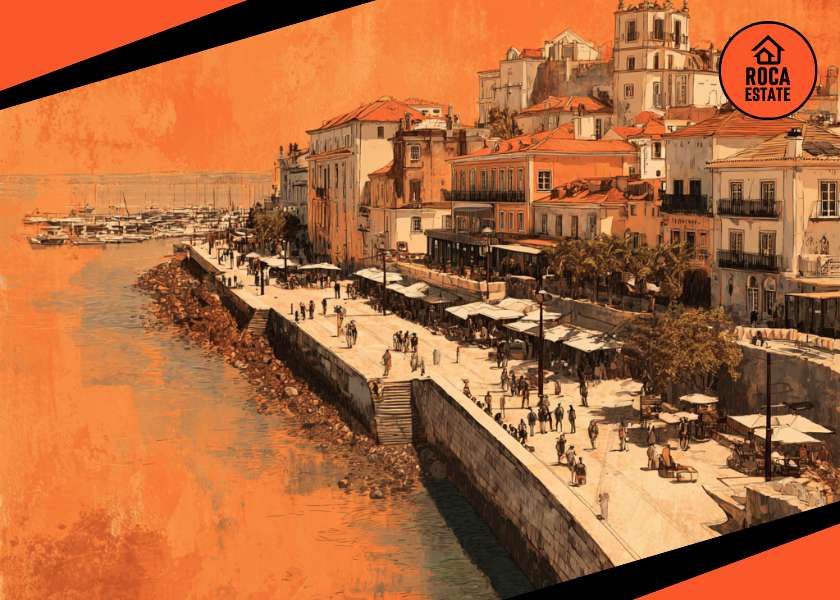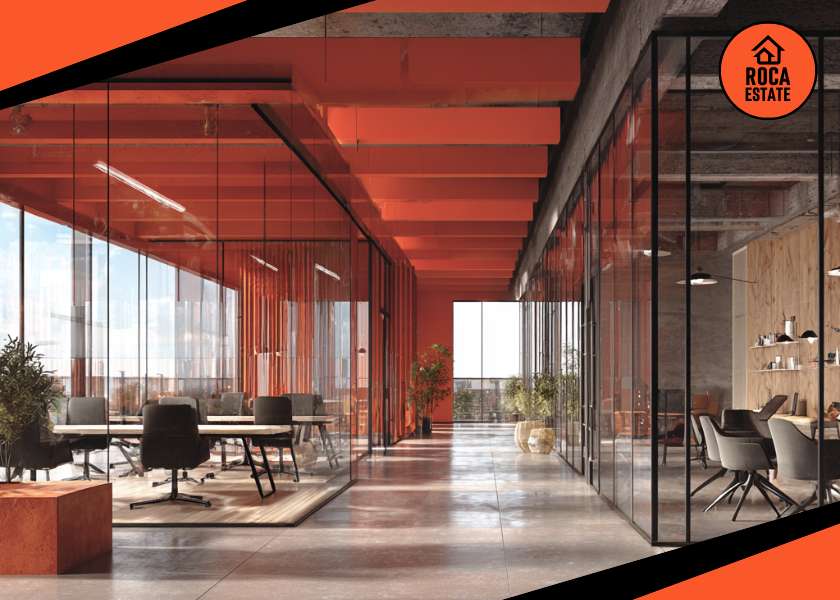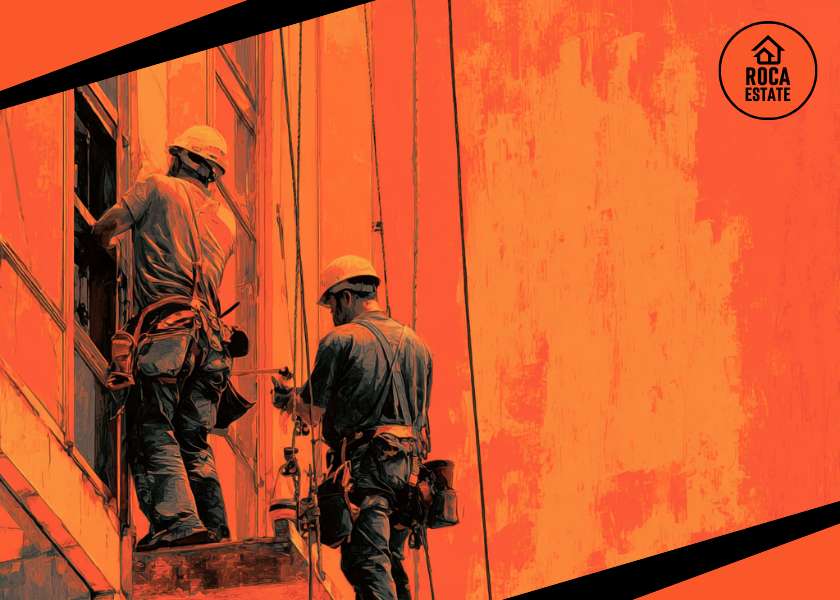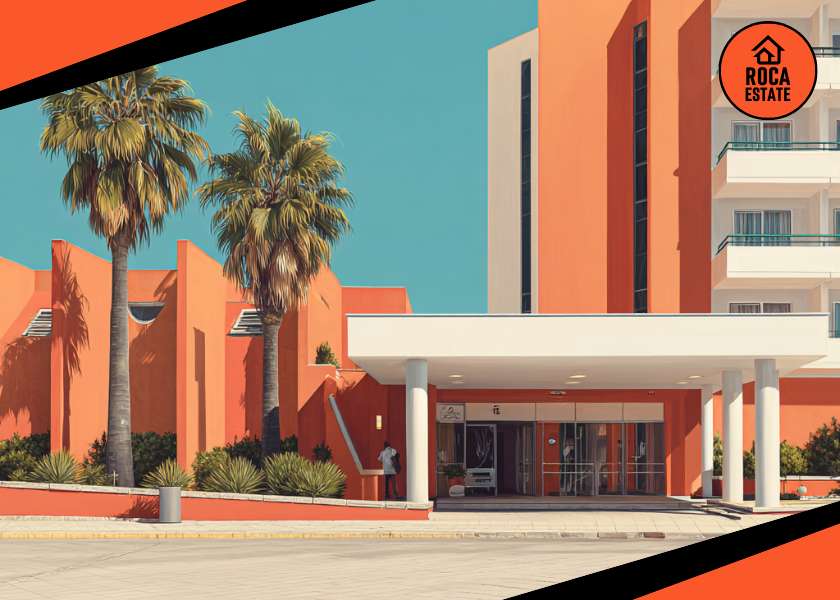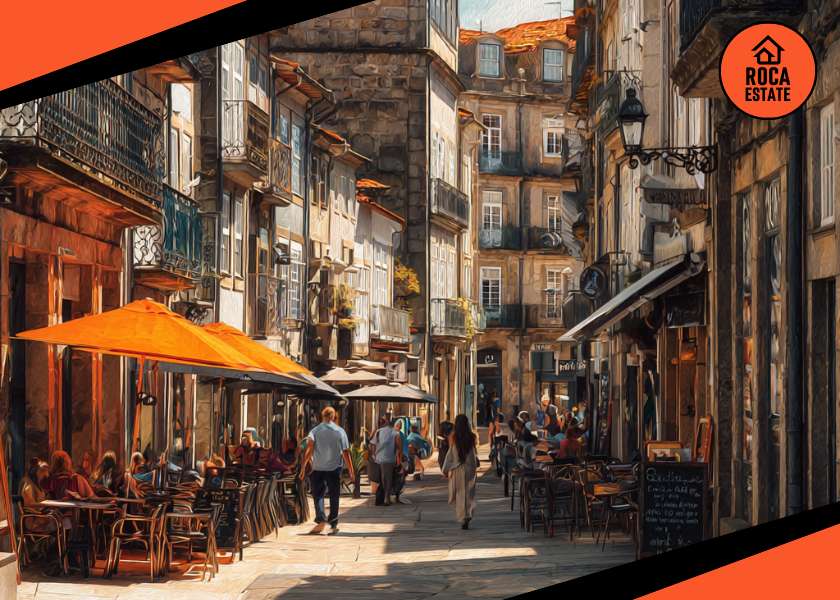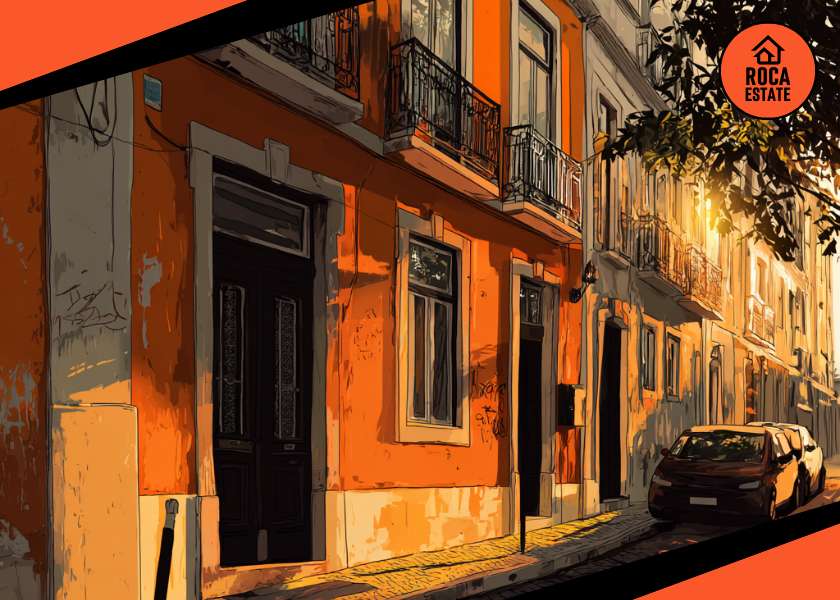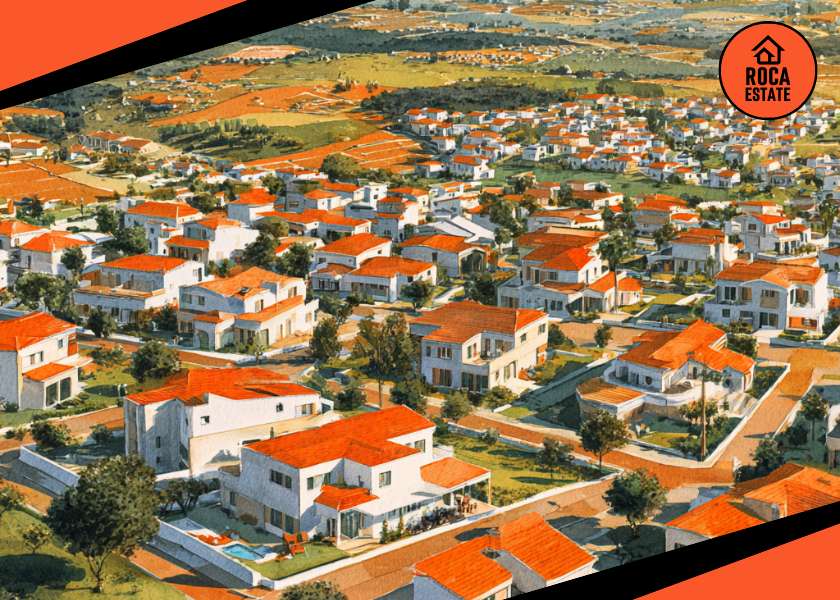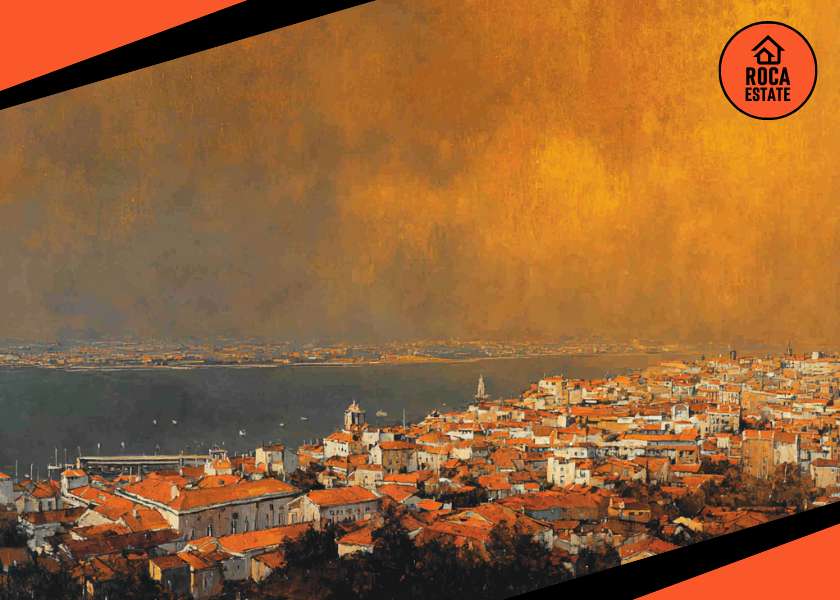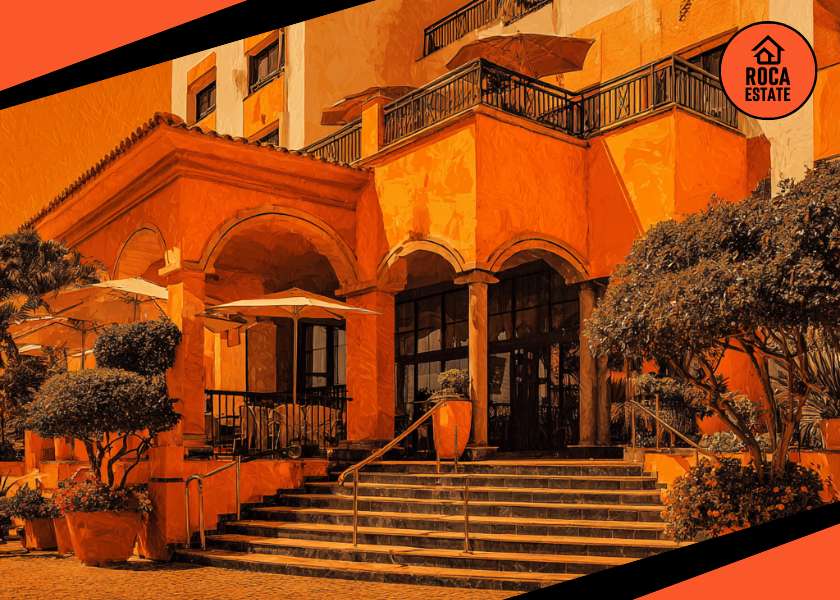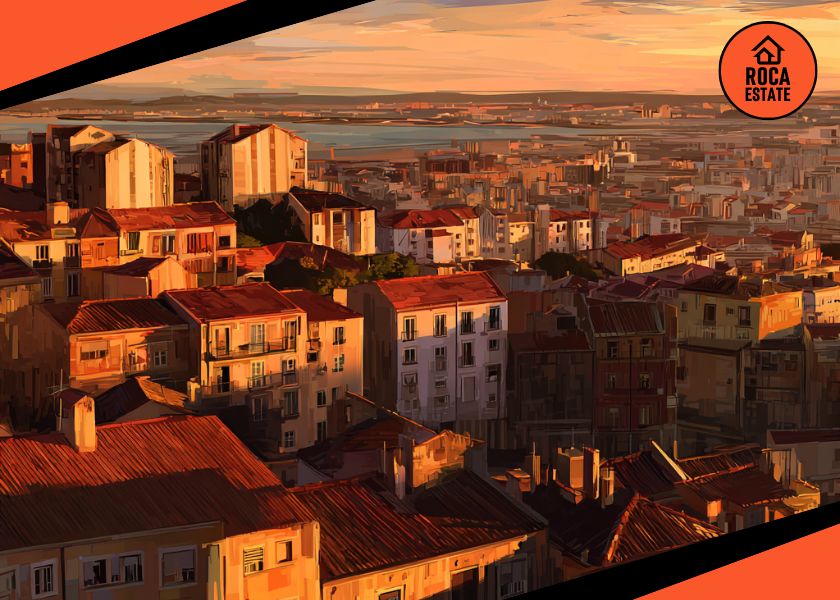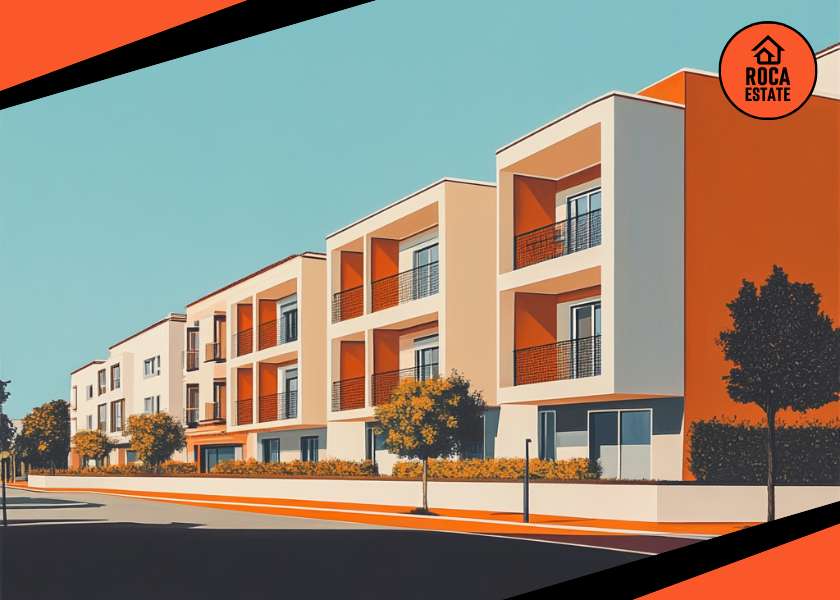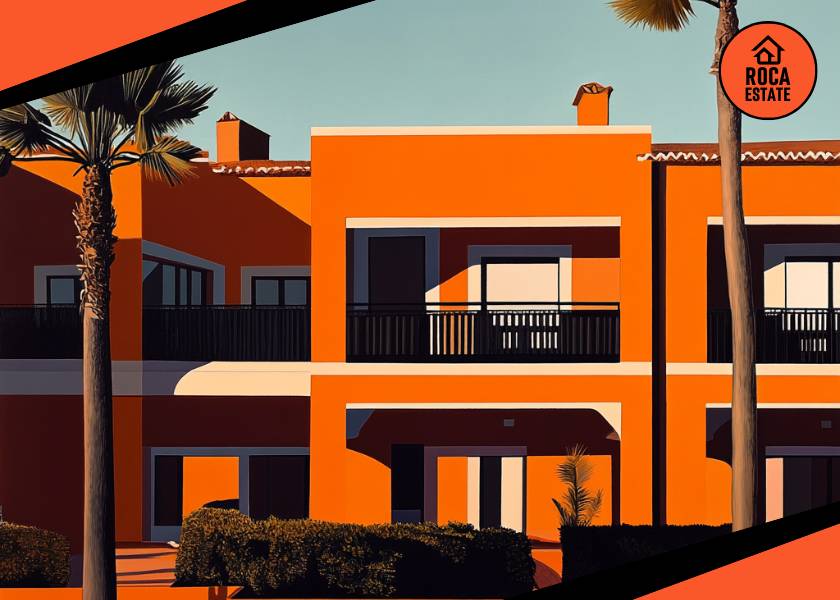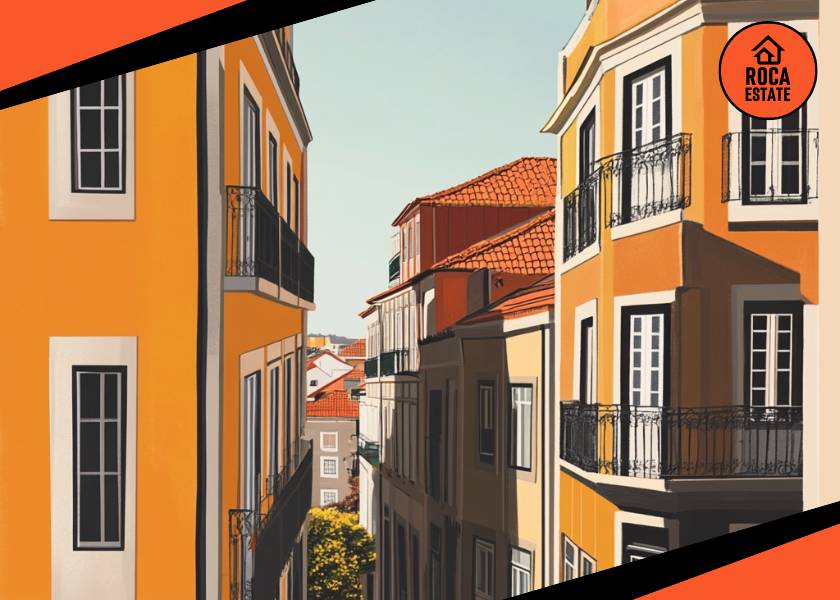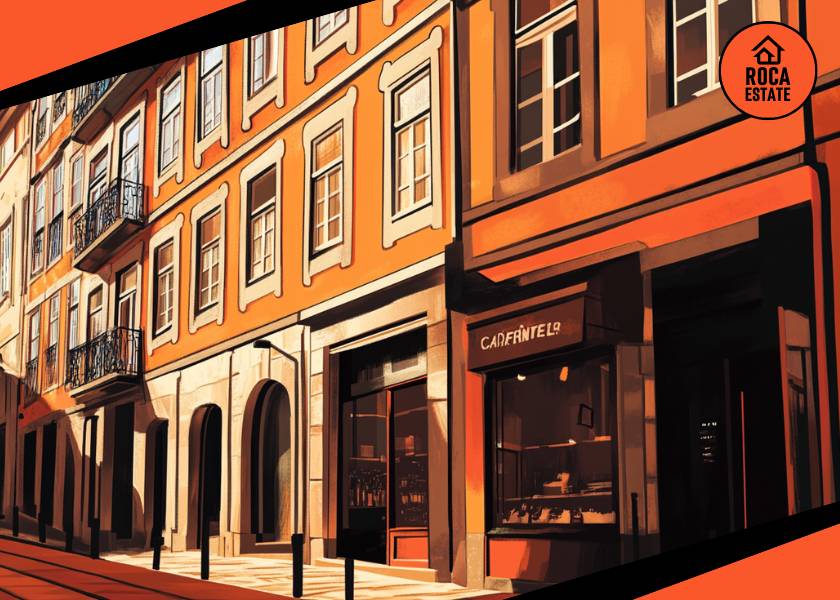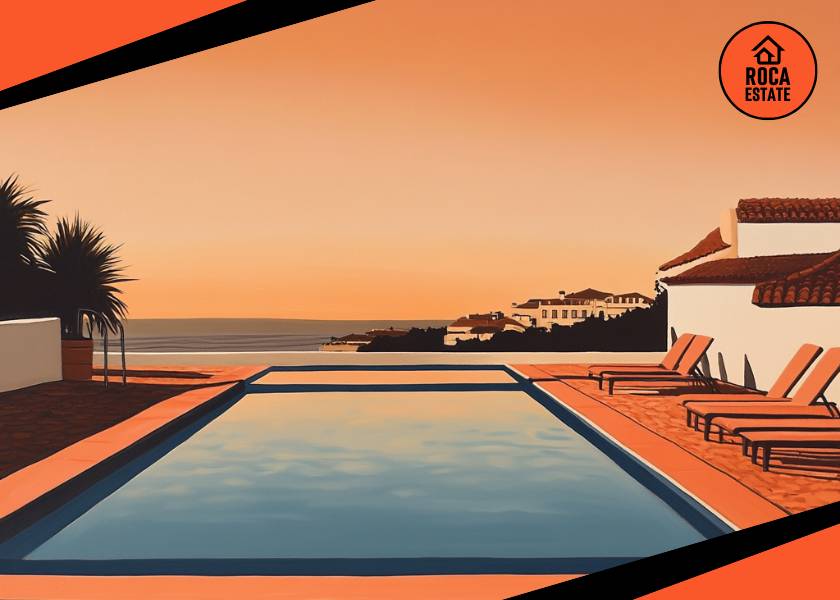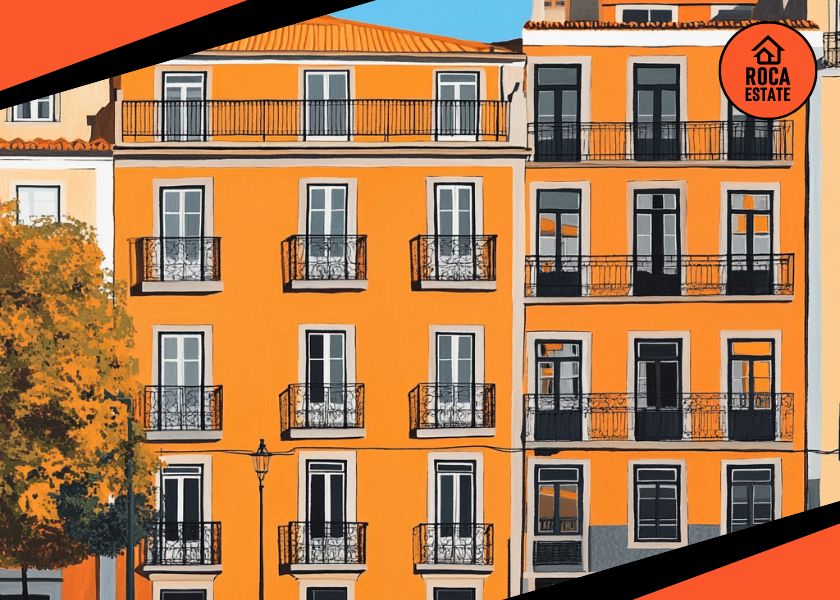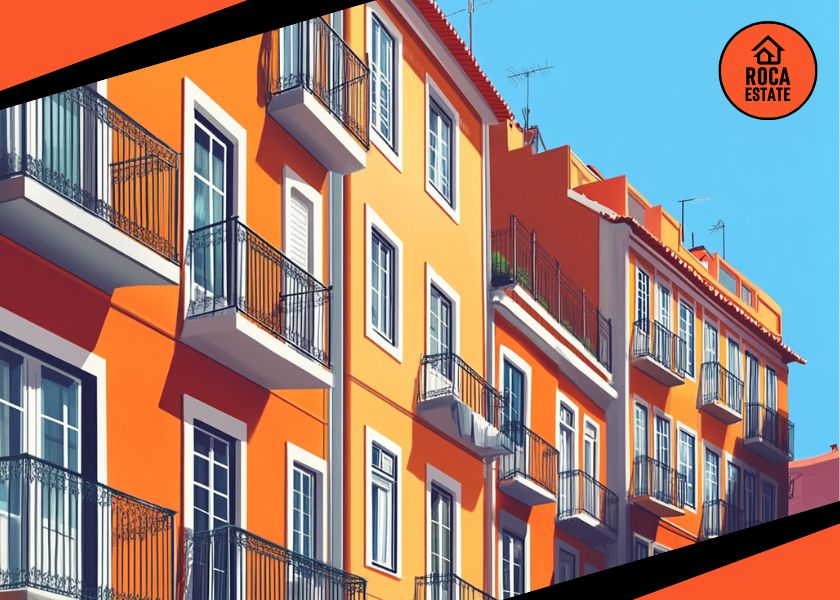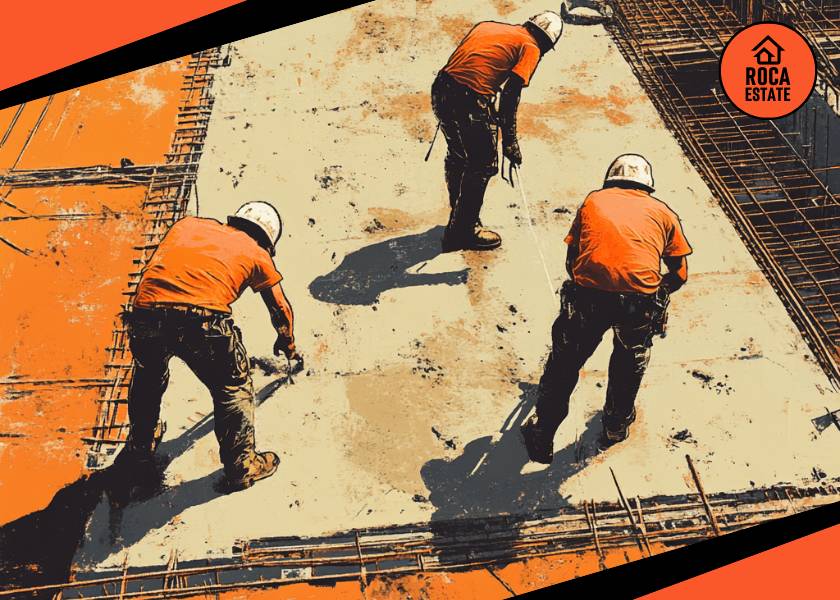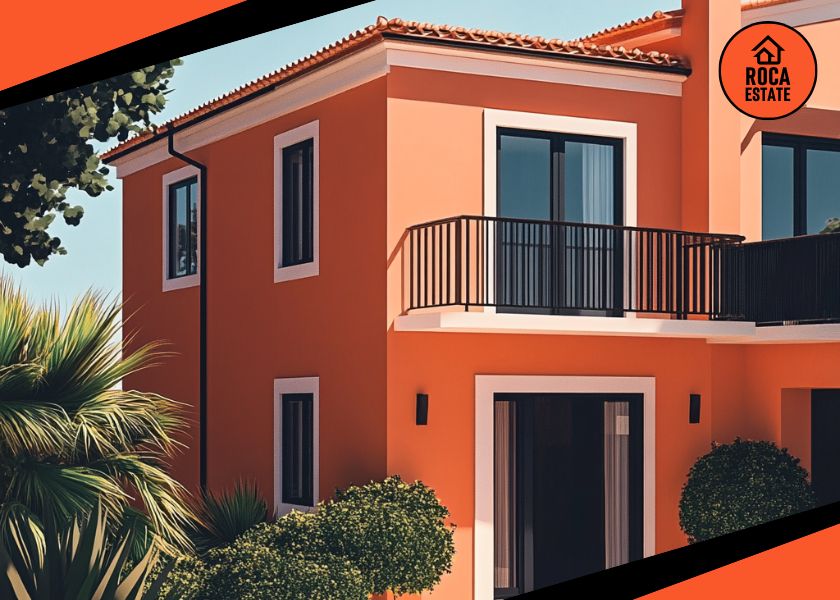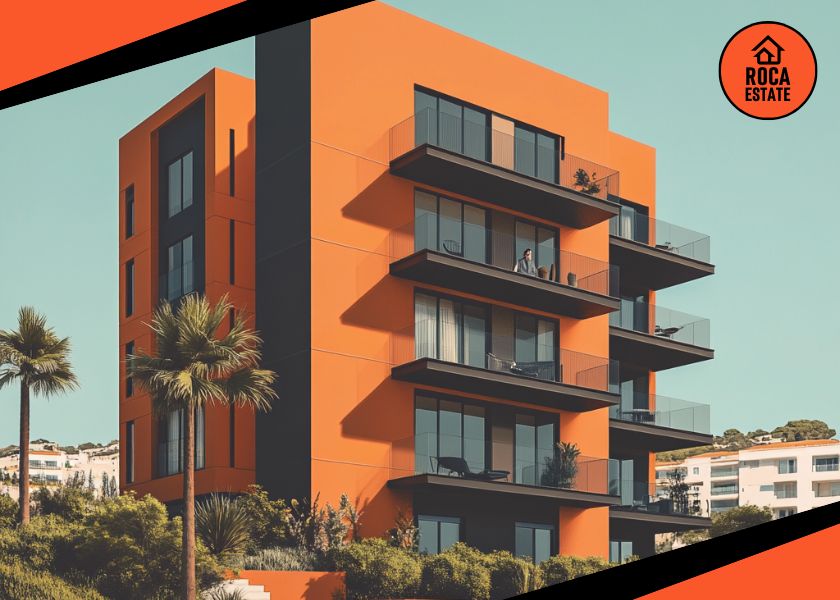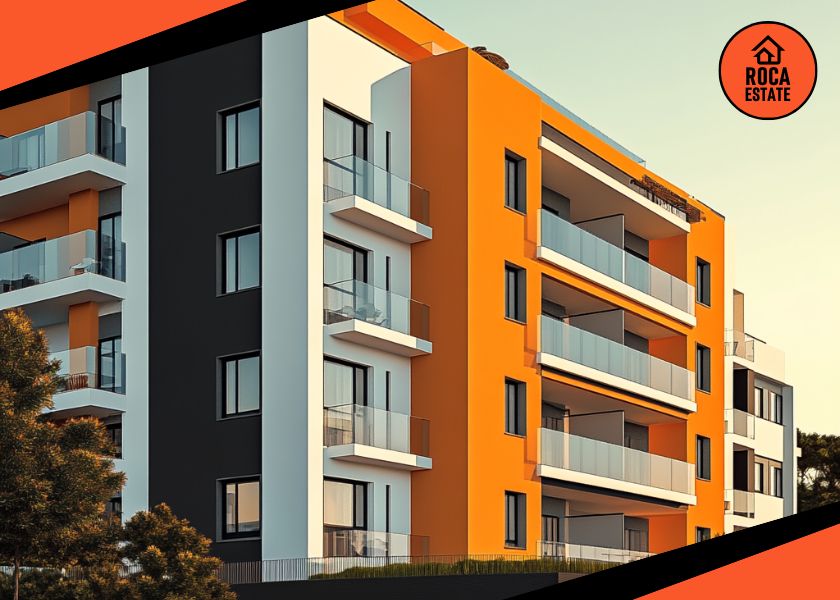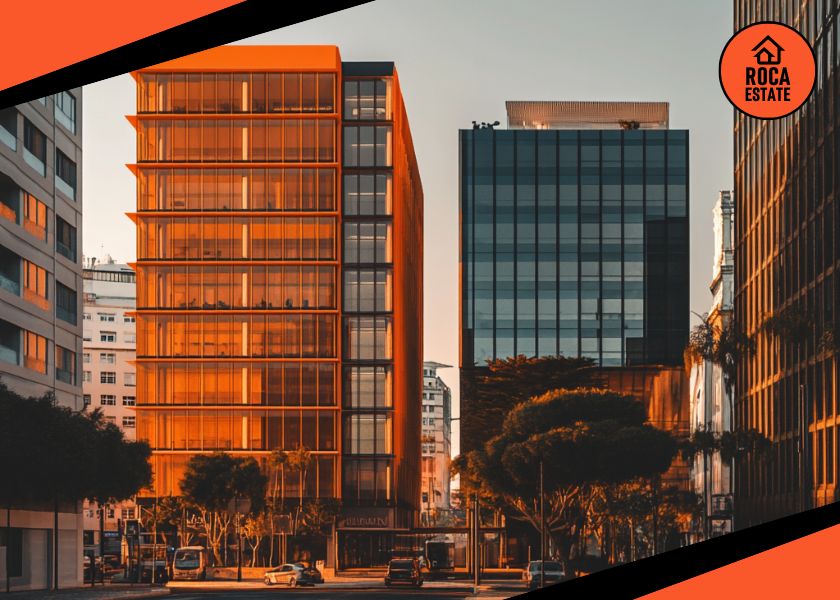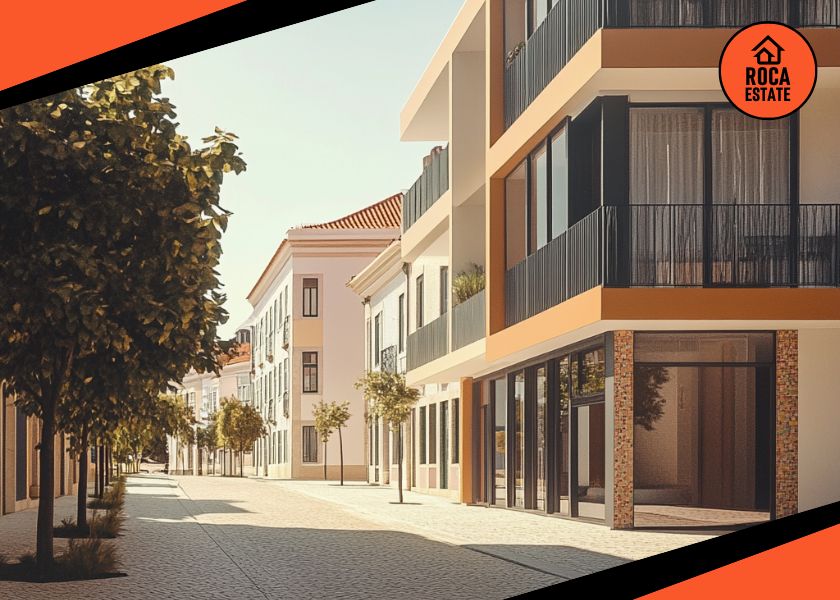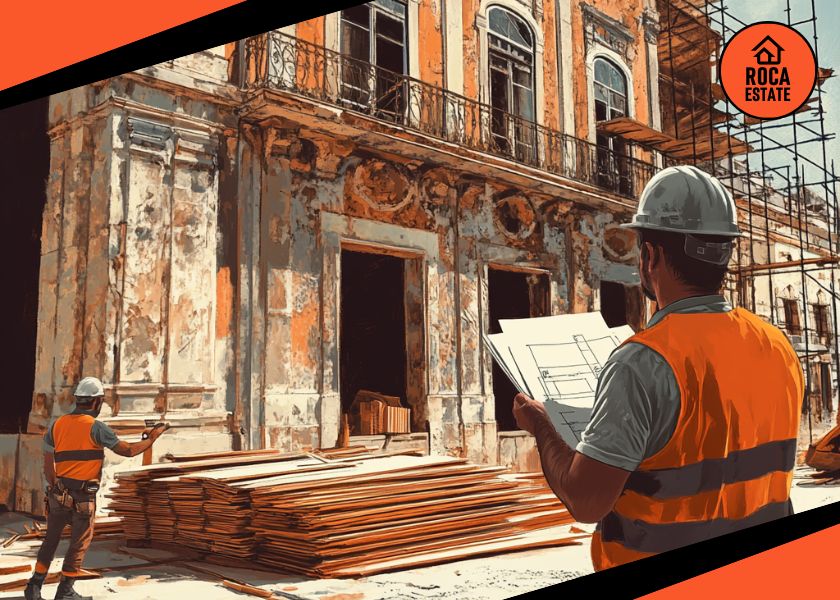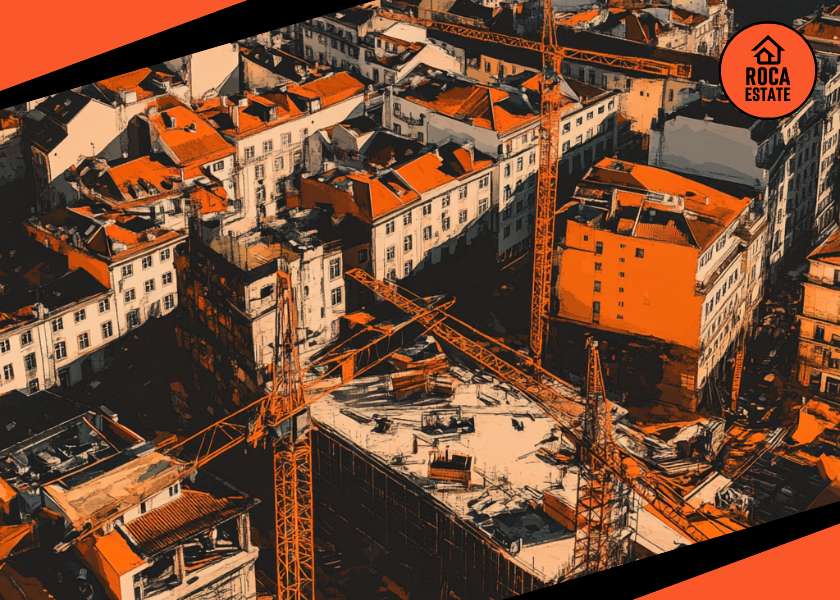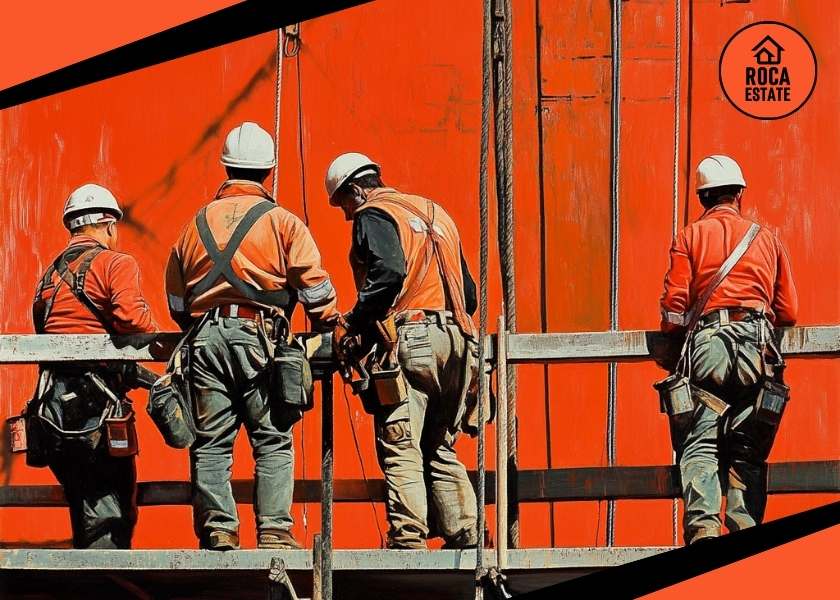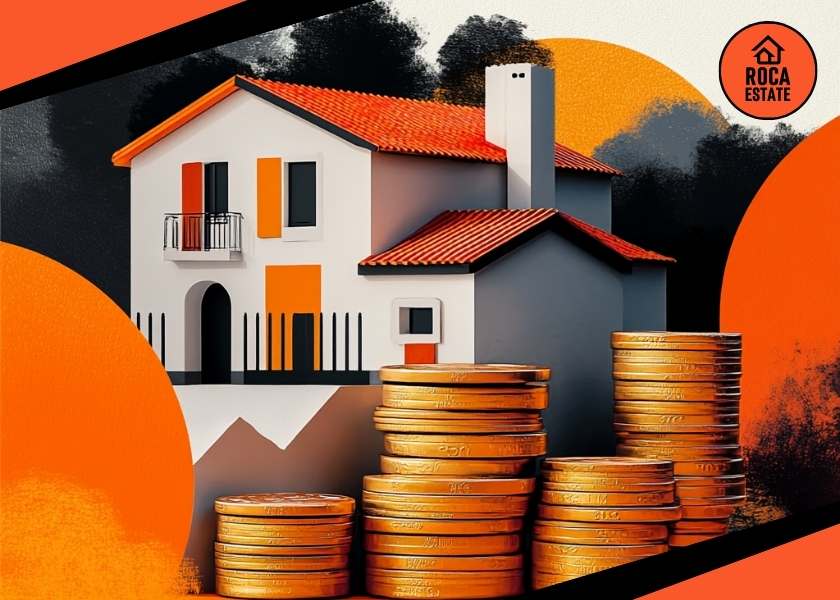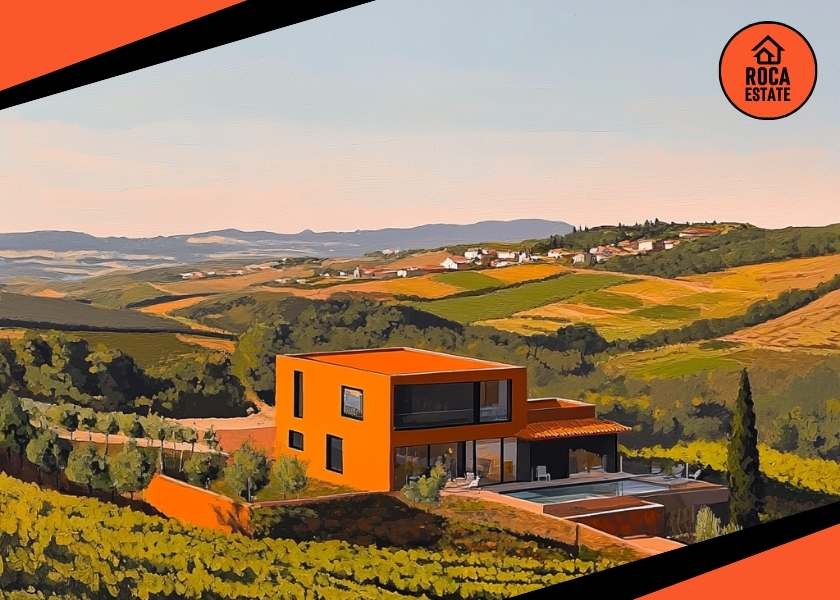Portugal real estate showed renewed construction momentum in early 2025, according to fresh data from INE (Statistics Portugal). The first quarter saw a 20.3% year-on-year increase in building permits and a reversal of previous declines in completed buildings – early signs that both developers and investors are regaining confidence in the market’s trajectory.
However, while these headline figures suggest strong fundamentals, the underlying trends point to a more nuanced landscape. Growth in permits has decelerated slightly from the previous quarter, and building completions fell on a quarter-over-quarter basis, signaling short-term challenges in project execution. For investors, this data provides a timely barometer for understanding where opportunities are forming – and where risks may be emerging – in Portugal’s real estate construction sector.
Key Insights from Q1 2025 Data
- Permitting Activity Surges, But Growth Slows Slightly
A total of 7,100 building permits were issued in Q1 2025, marking a 20.3% year-over-year increase. While this reflects strong underlying demand, the pace has tapered slightly from the previous quarter’s 24.1% surge. New construction permits rose 21.3%, while renovation permits climbed 23.7%, accelerating from Q4 2024’s 15.7%. - Completions Rebound, But Marginally
The volume of completed buildings ticked up by 1.1% year-over-year, reversing the -3.6% contraction seen in the last quarter of 2024. Notably, completed dwellings jumped 18.4% after an already solid 11.8% gain in Q4, pointing to a pipeline maturing into usable inventory. - Quarterly Variations Reveal Short-Term Headwinds
When viewed sequentially, building permits were up 3.8% from Q4, but completions dipped 3.9%. This divergence suggests construction execution may be facing temporary operational or financing constraints – a signal for investors to monitor cost inflation and supply chain pressures.
Implications for Investors
The uptick in permits indicates developers are anticipating continued demand, particularly in residential submarkets. For commercial real estate investors, this trend matters because residential and commercial construction are often intertwined in urban development zones. A rise in residential density can foreshadow increased demand for retail, logistics, and office infrastructure.
However, the slowdown in completions – especially on a quarterly basis – raises flags about project timelines and labor/material bottlenecks. Investors with exposure to development-phase projects or REITs focusing on construction-heavy assets should reassess delivery risk and revise timelines accordingly.
What to Watch Going Forward
- Sustained Permit Activity: If permit issuance remains strong into Q2 and Q3 2025, it will reaffirm market confidence and signal upcoming supply in key metros.
- Execution Rates and Delays: Tracking the lag between permits and completions will help investors understand where projects are stalling.
- Macroeconomic Inputs: Interest rate policy and construction input costs will heavily influence developer behavior and project profitability.
- Urban Redevelopment Trends: Renovation permits surged 23.7%, highlighting an opportunity zone in brownfield and adaptive reuse projects, especially in Lisbon and Porto.
Strategic Outlook
For real estate investors considering opportunities in Portugal, now is the time for strategic positioning rather than aggressive expansion. The data paints a picture of a market that is growing but recalibrating. A disciplined approach – prioritizing well-capitalized developers, thoroughly vetted timelines, and high-demand zones – will be critical for capturing upside while managing construction and delivery risk.
In light of the evolving dynamics, investors should revisit their exposure in the real estate investment portfolio and adjust to favor assets and strategies aligned with a maturing but still active construction environment.
To explore investment-ready assets and gain expert insight into local market trends, connect with Roca Estate, your trusted partner in navigating the evolving landscape of Portugal real estate.

